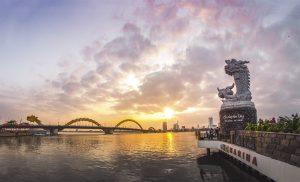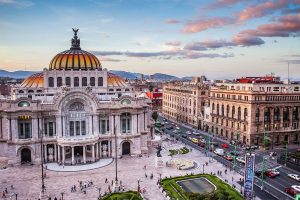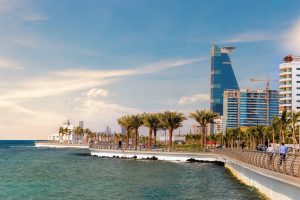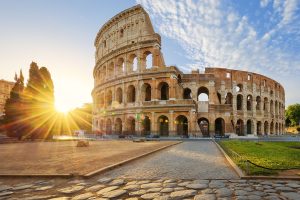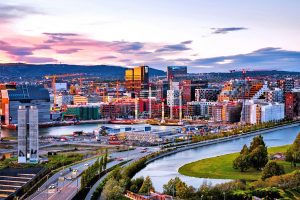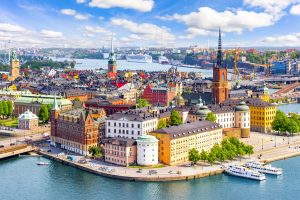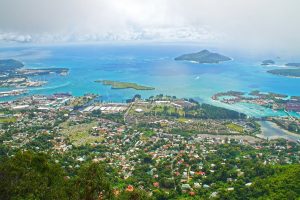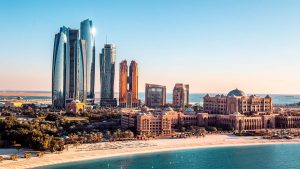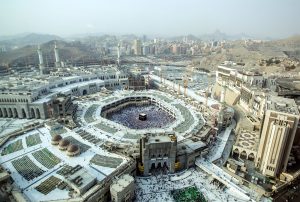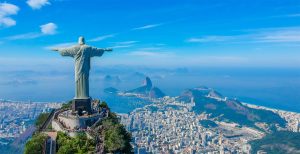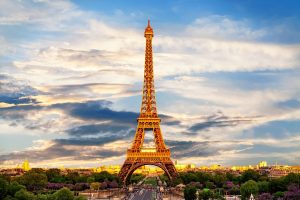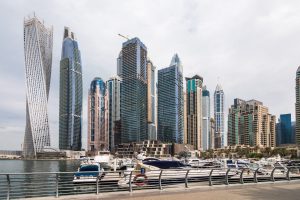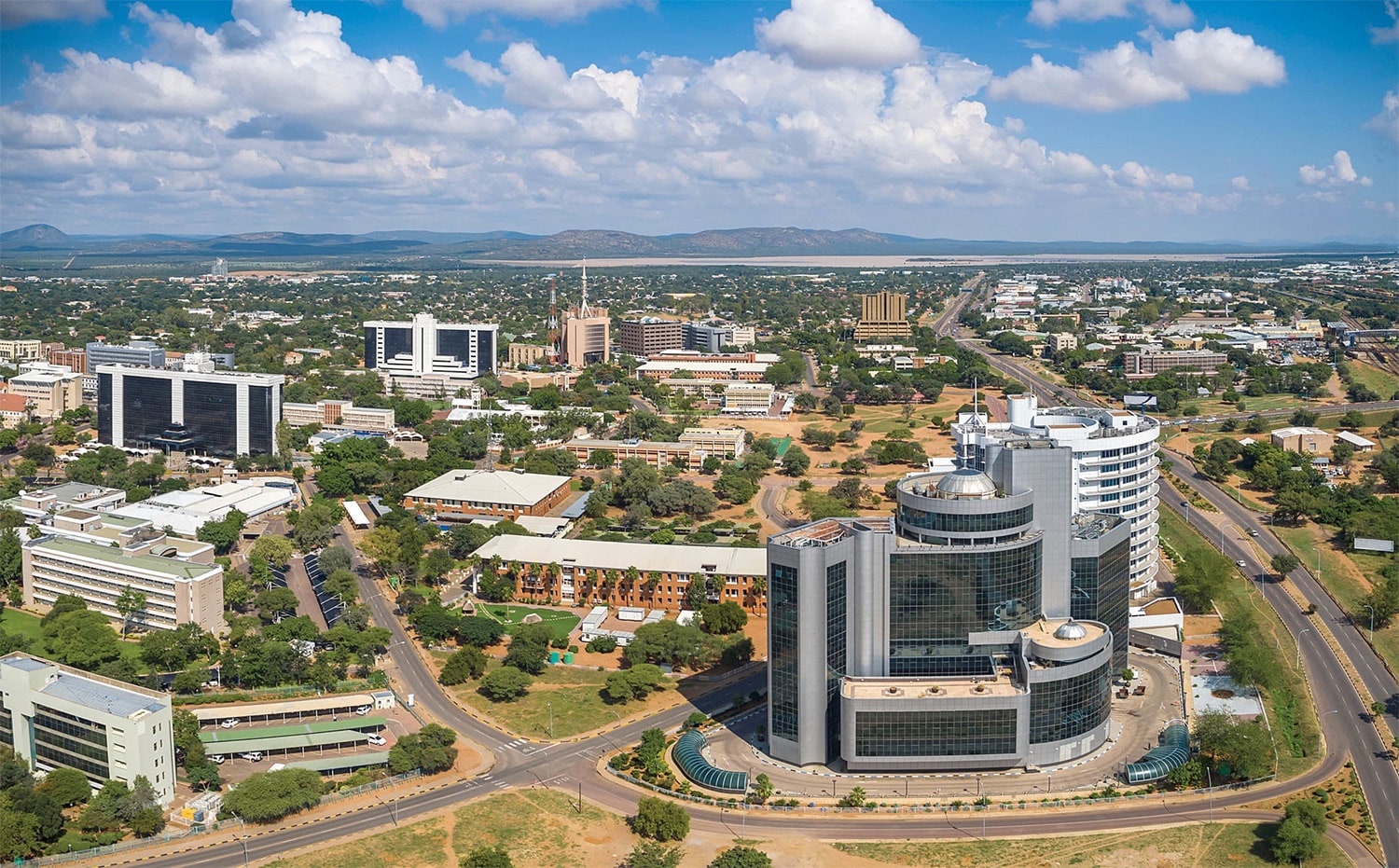
34 interesting facts about Botswana
- 👁️ 1547
Botswana, a gem in the heart of Southern Africa, is a country known for its stunning natural landscapes, rich wildlife, and vibrant culture. Gaining independence from British rule in 1966, Botswana has transformed into one of Africa’s most stable and prosperous nations, largely due to its diamond mining industry and a strong commitment to wildlife conservation. The country’s vast, unspoiled wilderness areas offer sanctuary to a wide variety of animals and are a haven for nature lovers and adventure seekers alike. From the iconic Okavango Delta to the vast stretches of the Kalahari Desert, Botswana’s natural beauty is unparalleled. Here are 34 interesting and informative facts about Botswana that showcase its uniqueness, history, and the richness of its natural and cultural heritage.
- Botswana is a landlocked country located in Southern Africa.
- The country’s name, Botswana, means “Land of the Tswana” in the Tswana language, referring to the dominant ethnic group in the country.
- Botswana gained independence from British rule on September 30, 1966.
- Gaborone is the capital and largest city of Botswana.
- The Okavango Delta, one of the world’s largest inland deltas, is located in Botswana and is a UNESCO World Heritage Site.
- Botswana is one of the world’s largest producers of diamonds.
- The Kalahari Desert covers about 70% of Botswana’s land surface.
- The national animal of Botswana is the zebra.
- Botswana has one of the highest rates of HIV/AIDS infection in the world, but also one of the most advanced and successful treatment programs.
- English is the official language of Botswana, but Setswana is widely spoken across the country.
- The traditional dish of Botswana is Seswaa, a stewed meat dish usually served over thick polenta or pap.
- The currency of Botswana is the Pula, which means “rain” in Setswana, highlighting the importance of rain in the country.
- The population of Botswana is approximately 2.3 million.
- Botswana has a semi-arid climate, experiencing hot temperatures most of the year.
- The country operates as a parliamentary republic.
- The Chobe National Park in Botswana has one of the largest concentrations of game in Africa.
- Botswana’s flag features light blue to represent water, which is considered a precious resource in the country.
- The Tsodilo Hills contain over 4,500 ancient rock paintings and are often referred to as the “Louvre of the Desert.”
- The country’s economy has been one of the fastest-growing in the world since its independence.
- Botswana is home to the world’s second-largest salt flat, the Makgadikgadi Pan.
- Nearly 40% of Botswana’s land area is devoted to national parks, reserves, and wildlife management areas.
- The country is committed to wildlife conservation and is home to species that are near extinction in other parts of the world, such as the African wild dog.
- Botswana’s education system includes free education for children up to the age of 13.
- The Botswana Defense Force (BDF) was formed in 1977 and has played a significant role in the country’s stability.
- The Moremi Game Reserve is named after Chief Moremi of the BaTawana tribe and is known for its diverse ecosystems.
- Traditional music and dance play an important role in Botswana’s cultural celebrations.
- Botswana has a relatively high literacy rate compared to other Sub-Saharan African countries.
- The country is part of the Southern African Customs Union (SACU), facilitating trade with its neighbors.
- Botswana is known for its practice of transhumance, the seasonal movement of people with their livestock between fixed summer and winter pastures.
- Despite its desert-dominated landscape, Botswana experiences significant seasonal variations in weather and vegetation.
- The country has maintained one of the world’s highest economic growth rates since independence.
- Botswana’s judiciary is independent and is based on Roman-Dutch law and customary law.
- The country has a policy of “high-value, low-impact tourism” to preserve its natural resources and wildlife.
- The San people, also known as Bushmen, are considered the original inhabitants of Botswana and have a rich cultural heritage.
Botswana is a country of contrasts and natural beauty, from its vast deserts to lush delta regions. It has made remarkable strides in economic development and wildlife conservation, making it a model for sustainable development in Africa. The commitment to preserving its natural heritage, coupled with a vibrant culture and history, makes Botswana a unique and fascinating country. As Botswana continues to grow and evolve, it remains a testament to the resilience and spirit of its people and the enchanting allure of its landscapes.
